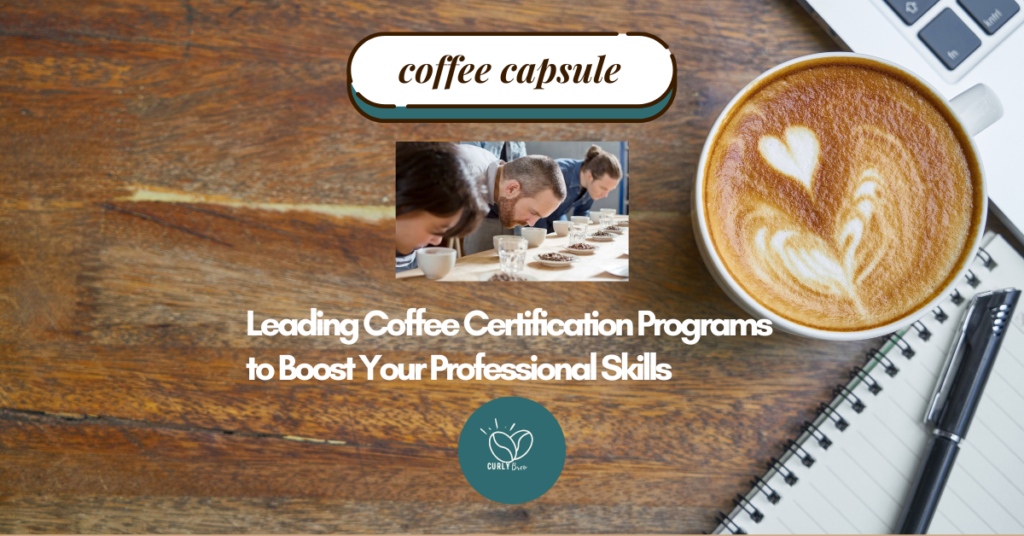
The coffee industry is evolving rapidly, with consumer demand for quality and sustainability at an all-time high. For aspiring coffee professionals, building a strong foundation in coffee education can be the key to success. Here’s a comprehensive look at some of the best coffee education programs and certifications that can set you apart in this competitive field.
Why Coffee Education Matters
While the Specialty Coffee Association (SCA) has highlighted an average annual growth rate of 5.5% in some reports, the broader specialty coffee segment is expected to grow even faster, with some sources indicating an annual rate of up to 11.8% for this niche. As more consumers seek out specialty coffee, the need for skilled coffee professionals has been greater. Coffee education provides industry knowledge, technical skills, and credibility, opening doors to diverse career paths in coffee, from barista work to quality control.
Top Coffee Programs and Certifications
1. Specialty Coffee Association (SCA) Coffee Skills Program
The Specialty Coffee Association’s Coffee Skills Program (CSP) is a globally recognized certification track for coffee professionals. It offers comprehensive training across six specialized modules:
- Introduction to Coffee
- Barista Skills
- Brewing
- Green Coffee
- Roasting
- Sensory Skills
Each module is available at Foundation, Intermediate, and Professional levels. The CSP program combines hands-on training with theory, allowing students to customize their learning path. SCA certifications are highly regarded by employers, with studies showing that SCA-certified professionals earn up to 20% more than non-certified peers in similar roles.
Cost: Approximately $300 – $500 per module
Duration: 1-3 days per module, depending on the level
Location: Available worldwide at SCA-authorized centers
2. Q Grader Certification by the Coffee Quality Institute (CQI)
The Q Grader Certification is often considered the “sommelier certification” for coffee. Administered by the Coffee Quality Institute (CQI), it trains professionals in the art and science of evaluating coffee quality.
- Scope: Q Graders assess coffee based on aroma, flavor, acidity, body, and aftertaste. This certification focuses on grading Arabica beans, while a separate course, R Grader, exists for Robusta coffee.
- Recognition: Only around 6,000 Q Graders exist globally, making it an elite qualification in the coffee industry. Certified Q Graders play key roles in green coffee buying, quality control, and production.
Cost: $1,500 – $2,000
Duration: 6 days of intensive training and exams
Location: Select locations globally, offered by CQI
3. Barista Hustle’s Advanced Barista Courses
Barista Hustle is a highly accessible online platform that offers comprehensive coffee courses for baristas at all levels. Their advanced courses cover everything from milk science to advanced brewing techniques.
- Focus Areas: Topics include espresso extraction, grind size adjustments, water chemistry, and milk texturing. They also offer courses on coffee roasting and green coffee production.
- Flexible Learning: As an online program, Barista Hustle is accessible worldwide, making it ideal for professionals who want to learn at their own pace.
Cost: $15 per month subscription or $150 annual access
Duration: Self-paced, flexible learning
Location: Online
4. Coffee Roasting Foundation by the Institute for Coffee Excellence
The Coffee Roasting Foundation course by the Institute for Coffee Excellence is designed for aspiring coffee roasters. This program emphasizes the technical and sensory skills required for roasting.
- Hands-On Training: Participants gain experience in different roasting methods, roast profiling, and quality control. Topics also include equipment maintenance and roast level testing.
- Industry Demand: The Bureau of Labor Statistics shows that demand for skilled roasters is increasing by 3% annually, as specialty coffee roasters expand.
Cost: $500 – $700
Duration: 2-3 days, in-person training
Location: Various locations, including the U.S. and Europe
5. Coffee Sensory and Cupping by the American Barista & Coffee School (ABCS)
The Coffee Sensory and Cupping course by ABCS focuses on the art of tasting coffee. The program covers sensory analysis, cupping protocols, and flavor identification.
- Sensory Skills: Cupping is essential for quality control and coffee selection, as it allows professionals to evaluate a coffee’s profile. Sensory courses help learners identify specific aromas, flavors, and defects.
- Global Reach: Sensory analysis skills are in high demand worldwide, particularly in quality control and coffee buying roles.
Cost: $700 – $900
Duration: 2 days
Location: Available at ABCS campuses in Portland, Oregon
How to Choose the Right Program
- Define Your Goals: Are you aiming to work in a café, or are you interested in coffee roasting and green coffee buying? Each career path requires different skills.
- Consider Location and Accessibility: Some programs are only available in certain regions. Online courses like Barista Hustle offer flexibility for those unable to travel.
- Evaluate Costs: Tuition can vary significantly. Short courses may be more affordable, while intensive certifications like Q Grader require higher investment.
Trends and Job Outlook
With the rise of specialty coffee, roles in coffee quality and sustainability are expanding. According to the International Coffee Organization, over 70% of U.S. consumers prefer specialty coffee, leading to an estimated 15% growth in the coffee industry by 2025. As the demand for high-quality coffee grows, so does the need for trained professionals.
Investing in coffee education can unlock numerous career opportunities in the coffee industry. Programs like SCA’s Coffee Skills Program, Q Grader Certification, and Barista Hustle’s online courses are excellent choices to start or advance your journey in coffee. The right training can provide the expertise and credibility needed to excel, whether you’re aiming to become a barista, roaster, or green coffee buyer.
What’s the first step you would take to enhance your coffee knowledge or skills?

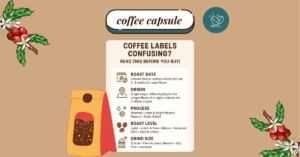
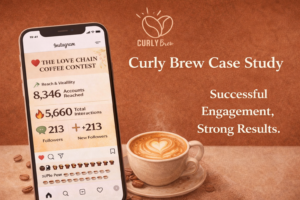
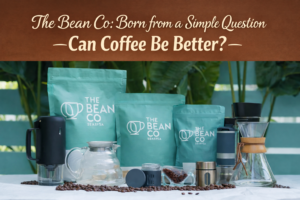
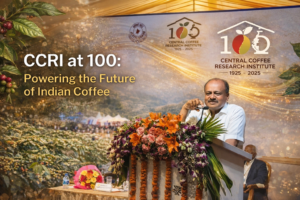


Your work strikes a balance that few writers manage to achieve — it is both intellectually stimulating and emotionally resonant. There is a seamless flow from one idea to the next, and each paragraph is like a stepping stone leading the reader toward a deeper understanding of both the topic and the self. I feel as though I’ve gained not just knowledge, but a new way of seeing the world.
Thank you so much for your kind words. It truly means a lot to know that the writing resonated with you on both an intellectual and emotional level. Your reflection is deeply encouraging.